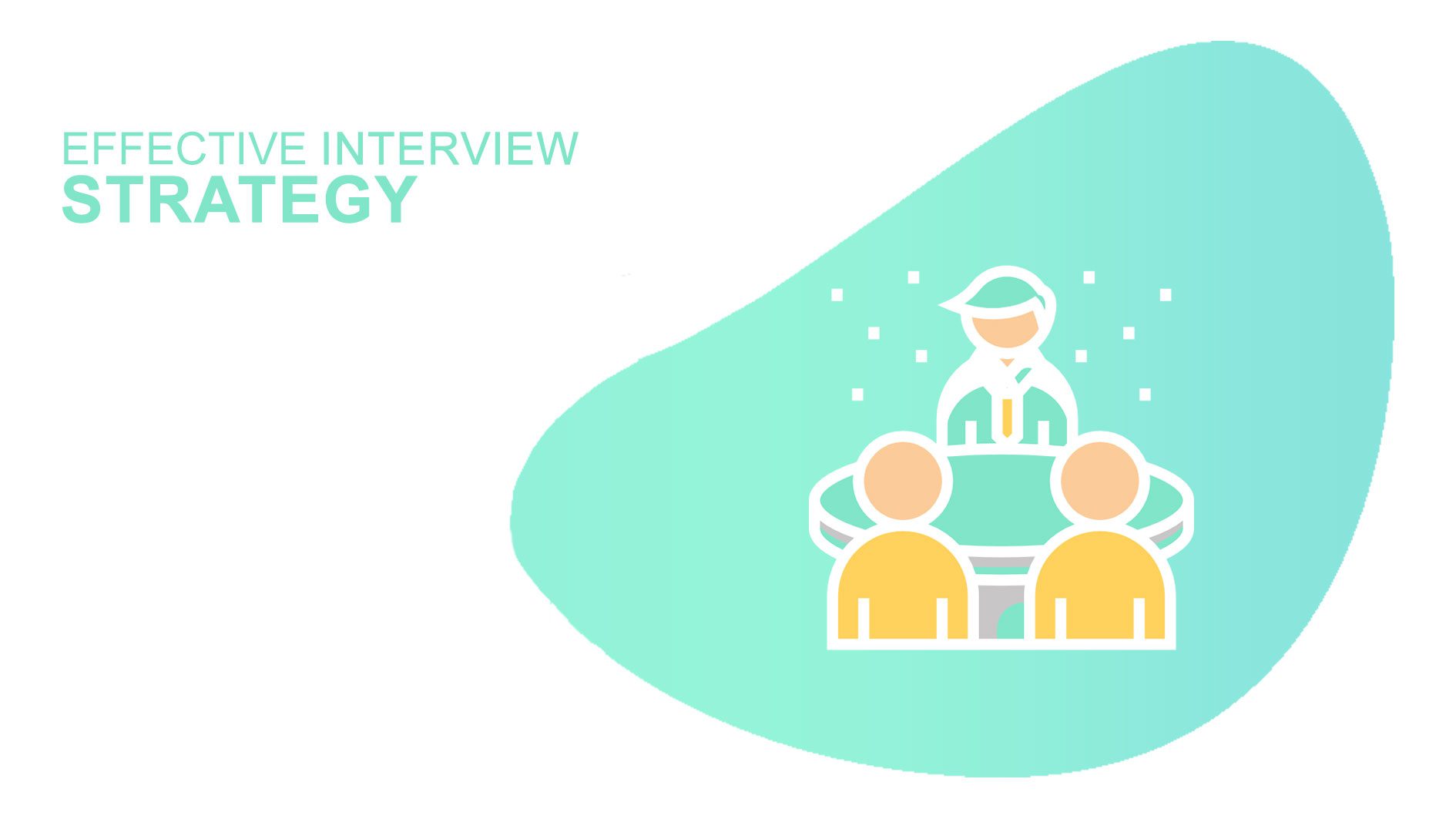
“Great vision without great people is irrelevant.” — Jim Collins
Becoming a successful recruiter involves more than just posting job ads and selecting candidates. It requires a strategic approach that combines a deep understanding of job roles, effective communication with hiring managers, and a talent for building relationships with potential candidates. By mastering these essential skills, recruiters can create a robust recruitment process that attracts top talent and contributes significantly to an organization’s success.
Here is a step by step guide including the top responsibilities of recruiters in every stage of the hiring process:-
1. The Beginning Of The Recruitment Process:
The beginning of the recruiting process is always important as it determines the smoothness and the future scope of the rest of the hiring.
Here’s some very important advice to start off hiring efficiently which eventually can make a recruiter successful-

(a) Write a Clear Job Description:
Crafting compelling job descriptions is crucial for attracting top talent. Clear, concise, and engaging descriptions help candidates understand the role and organization, saving time for both recruiters and applicants.
Key elements of effective job descriptions:
- Clear and precise title: Use a descriptive title that accurately reflects the position.
- Easy-to-understand language: Avoid jargon and technical terms that may confuse candidates.
- Visualise tasks: Describe job duties in a way that candidates can easily picture themselves performing them.
- Highlight benefits and perks: Emphasize the attractive aspects of working for the organization to entice applicants.
- Tailor to the role: Customize the description to align with the specific requirements and expectations of the position.

(b) Publish Job Ads Effectively or Use Smart Recruitment Tools
In order to reach more qualified candidates, it is important to advertise jobs effectively. Employers should look beyond the traditional approach and focus on creating content that captivates people by pointing out benefits and potential in a job rather than merely listing its duties.
The main strategies for successful job advertising:
- Candidate-Oriented: Personalize the ad to capture the concerns and ambitions of would-be applicants.
- Promote Benefits and Perks: Make sure the candidate knows about the bright side of working with you.
- Social Media Networking: Advertise vacancies on relevant platforms to attract more people.
- Job Boards Leverage: Advertise on popular job boards for better visibility as an employer.
- Applicant Tracking Systems Consideration: Use software programs that can simplify posting and store information from applicants.

(c) Work & Coordinate With The Hiring Managers
Successful recruiters understand the importance of building strong relationships with hiring managers. By fostering open communication, collaboration, and mutual respect, recruiters can ensure a smooth hiring process and attract top talent.
Key strategies for building effective relationships with hiring managers:
- Open communication: Maintain regular communication and be transparent about the recruitment process.
- Active listening: Pay attention to hiring managers’ needs and concerns, and address them proactively.
- Collaboration: Work together to develop a shared understanding of the role and candidate requirements.
- Respectful disagreement: Handle disagreements professionally and find common ground.
- Proactive updates: Keep hiring managers informed about the progress of the recruitment process.
2. During the Recruitment Process:
During the recruitment process, these are the few points that recruiters should ponder upon to become successful:

(a) Efficient Candidate Sourcing & Resume Screening
Optimizing the hiring process requires effective screening of resumes. Recruiters need to use efficient ways to swiftly and precisely select the best prospects because the amount of applications received can often be overwhelming.
Important tactics for effective resume screening include:
- Make use of technology: To expedite the screening process, make use of additional tools and applicant tracking systems.
- Create a set of screening standards: To assess applicants effectively, establish precise standards based on the demands of the position.
- Make use of knockout questions: Ask focused enquiries to weed out unfit applicants fast.
- Set deadlines: To control the number of submissions, clearly define the dates by which applications must be received.
- Cooperate with hiring managers: To guarantee agreement on candidate qualifications, closely cooperate with hiring managers.

(b) Asking For Referrals
Referrals from coworkers are a great way to draw in excellent talent. Recruiters can access a pool of competent applicants with a greater retention rate and a potential cultural fit by utilizing the network of current employees.
Key advantages of employee recommendations:
- Better hires: Workers frequently recommend applicants they know and trust, which results in higher calibre hiring.
- Faster hiring: By cutting down on the time needed to find applicants, referrals help quicken the employment process.
- Increased retention: Long-term employees are more likely to remain with a company when they are recommended by current team members.
- Improved cultural fit: Employee recommendations increase the likelihood that a candidate will share the values and culture of the organization.

(c) Effective Interview Strategy
Conducting efficient interviews is essential to determining a candidate’s fit for a position. Through the use of structured interviews, hiring managers can learn a great deal about the qualifications, background, and cultural fit of potential employees.
Key tactics for doing productive interviews:
- Get ready completely:Learn about the candidates’ backgrounds and become acquainted with the job specifications.
- Pose open-ended enquiries: Urge candidates to respond with thorough and insightful information.
- Ask clarifying questions later on: To improve knowledge, delve more into the responses provided by candidates.
- Assess the following behavioral competencies: Examine each candidate’s capacity to exhibit the necessary behaviors and skills.
- Establish a cozy environment: Put candidates at ease in order to promote direct and honest discussion.
3. At The End of The Recruiting Process:
All well that ends well right? Here are few ends of the deal tips on how a recruiter can enhance the present as well as the future scope of successful hiring-

(a) Communicate With Rejected Candidates
Post-interview communication is a crucial but frequently disregarded part of the hiring process. Recruiters may uphold a favorable company brand, leave a lasting impression, and possibly cultivate connections for potential future employment possibilities by offering feedback to rejected prospects.
Important techniques for communicating effectively after an interview:
- Give prompt feedback: Even if the hiring decision is unfavorable, notify candidates as soon as possible.
- Provide a constructive critique: Give detailed justifications for the denial, emphasizing your areas for development.
- Continue to communicate: Inform candidates of any upcoming opportunities that might be relevant to their qualifications.
- Thank you in advance: Appreciate the time and interest of the candidates.

(b) Help Onboarding The New Hire
Onboarding is a critical process that significantly impacts new hires’ success and satisfaction. It’s not just about paperwork; it’s about creating a positive and supportive environment that helps new employees feel welcomed, valued, and engaged.
Key strategies for effective onboarding:
- Clear expectations: Communicate clear expectations for performance and behaviour from the start.
- Mentorship and support: Assign mentors or buddies to guide new hires and answer questions.
- Training and development: Provide necessary training and development opportunities to equip new hires with the skills they need to succeed.
- Regular check-ins:Schedule regular meetings to monitor progress, address concerns, and provide feedback.
- Feedback and recognition: Offer timely feedback and recognition to reinforce positive behaviours and performance.
Frequently asked questions
A great recruiter is distinguished by their ability to build strong relationships and provide an exceptional candidate experience. They understand the business and negotiate effectively to deliver high-quality hires. Additionally, they think strategically and adapt to industry trends to remain successful in their field.
Recruiters need a mix of hard and soft skills to succeed. Hard skills include technology proficiency, data analysis, and marketing/sales. Soft skills encompass communication, interpersonal skills, problem-solving, time management, and negotiation.
Recruiters’ salaries can vary widely based on factors like experience, industry, company size, location, and performance. However, recruiting can be a rewarding career for those who enjoy helping others, building relationships, solving problems, and learning new things.
A recruiter’s job is to find and attract qualified applicants for open positions within a company. They source candidates from various channels, review resumes, conduct interviews, and negotiate offers. Recruiters also play a crucial role in building and maintaining positive relationships with both candidates and hiring managers.






